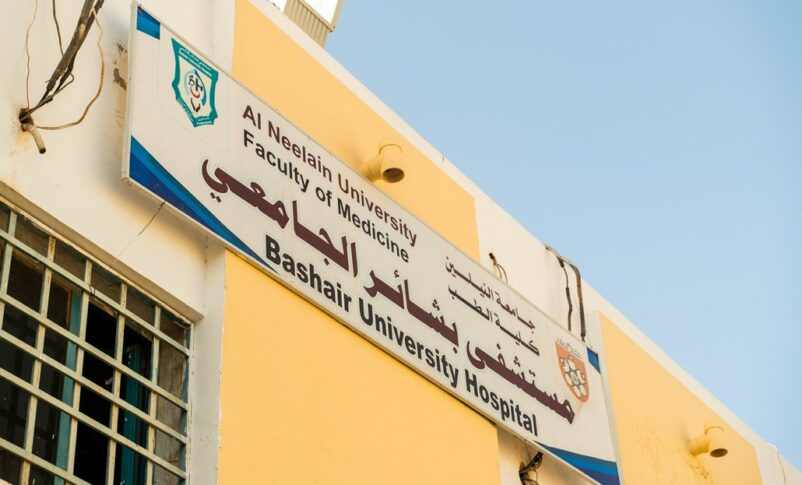Médecins Sans Frontières (MSF) has strongly condemned ongoing violent attacks on patients and staff at Bashair University Hospital, located in a Rapid Support Forces (RSF)-controlled area of Khartoum, Sudan.
Despite extensive engagements with all stakeholders, these attacks have continued in recent months. MSF has now taken the very difficult decision to suspend all medical activities in the hospital, a statement said.
In the 20 months MSF teams have worked alongside hospital staff and volunteers, Bashair Hospital has experienced repeated incidents of armed fighters entering the hospital with weapons and threatening medical staff, often demanding fighters be treated before other patients.
On 11 November 2024, a patient was shot and killed inside the hospital. On 18 December, attackers fired weapons inside the emergency ward, directly threatening medical staff. In an earlier incident, weapons were fired at the hospital, bullets entered the hospital compound, and one person was wounded.
“The suffering we witness in Khartoum is enormous. Intense and extreme violence continues daily,” says Claire San Filippo, MSF emergency coordinator. “Shortages and blockages of food, supplies, and humanitarian aid leave people scrambling to survive. The medical needs are overwhelming. Injuries are often horrific. Mass casualty incidents have become almost routine.”
MSF says their team, hospital staff, and volunteers have worked tirelessly in very difficult conditions to provide medical care.
“Our team, hospital staff, and volunteers have worked tirelessly in very difficult conditions to provide the medical care,” San Filippo stated. “But without the security to operate safely it has become untenable to continue when the lives of our staff and patients are threatened.”
Bashair Hospital is one of the last functioning hospitals in south Khartoum offering free medical care. Since the end of September, the hospital has seen a surge in cases of people arriving with violent trauma injuries as fighting has escalated. Sometimes dozens of people arrived at the hospital at the same time after shelling or airstrikes on residential areas and markets. On Sunday 5 January 2025, 50 people were brought to the emergency room – 12 of them already dead – after an airstrike one kilometer from the hospital.
“At the same time, our teams have seen an increase in pediatric and maternity cases as other health facilities have closed down or reduced services,” the MSF statement said. “We have also been responding to cholera, malaria, and dengue outbreaks and seeing very worrying levels of malnutrition.”
The hospital has already faced serious difficulties. In October 2023, all surgeries were temporarily suspended after surgical supplies were blocked by the Sudanese Armed Forces. The transport of medical supplies and staff movements from Port Sudan have now been blocked for more than a year. MSF has previously had to suspend medical activities at a nearby Turkish hospital in July last year as a result of threats to and violence against staff.
“It is devastating to have to stop supporting lifesaving medical care at this hospital, particularly in the face of such great and growing medical needs,” says San Filippo. “Every time an organization is forced to suspend activities, patients have less access to the medical care they desperately need. Hospitals must be places where people can seek healthcare without risking their lives and where medical professionals can safely deliver care.”
An MSF team first joined volunteers and medical staff who had reopened the hospital in May 2023, shortly after the start of the war. Between May 2023 and December 2024, the hospital treated 25,585 patients in the emergency room, more than 9,000 due to violence, such as blasts and gunshot wounds. During the same period, the team performed 3,700 surgical procedures – the vast majority of violence-related injuries – and assisted in almost 3,800 deliveries, including 850 cesarean sections.
“MSF continues to work in 11 states in Sudan, including the city of Omdurman in Khartoum state,” the statement concluded. “We hope that conditions will allow us to return to Bashair Hospital in the future and restart medical activities.”




